
Last Updated At: 13-May-2024
Traditions and Culture of Italy
Italian cultural heritage is a splendid tapestry woven with the threads of history, artistry, and a rich legacy that spans centuries. Rooted in ancient traditions and nourished by a vibrant contemporary spirit, Italy's customs and norms paint a vivid portrait of a nation deeply connected to its past while embracing the winds of change. Italy's cultural diversity is a living testament to the countless civilisations that have left their indelible mark on its soil, creating a mosaic as varied as the landscapes that define the country.
From the romantic canals of Venice to the sun-kissed shores of Sicily, Italy regions are steeped in unique identities forged over centuries. The legacy of Roman antiquity, the influence of Renaissance luminaries, and the allure of modern innovations have all converged to create a dynamic, timeless, and ever-evolving cultural landscape. Italian customs and norms reflect this intricate blend, celebrating family bonds, culinary excellence, artistic mastery, and a deep-rooted connection to the land.
Italy Culture And Traditions
As you embark on a journey through Italy's cultural diversity, you'll discover that its traditions are more than mere rituals – they are living expressions of people fiercely proud of their heritage who continue to shape their future while cherishing past lessons. Italy's cultural diversity is not just a reflection of its history but a vibrant canvas that beckons you to explore, savour and appreciate the myriad layers that make up the captivating mosaic of this enchanting nation.
- From the Roman Empire to the Renaissance| Tracing Italy's Rich Historical Tapestry
- A Culinary Odyssey | Exploring Italy's Gastronomic Traditions
- Elegance in Stone | Italy's Architectural Marvels and Urban Design Aesthetics
- Dolce Moda | Italy's Influence on Fashion and Design on the Global Stage
- Serenading the Soul | Italy's Melodic Contributions to Music
- Faith and Festivity | Unveiling Italy's Religious Traditions and Vibrant Celebrations
- Ink and Inspiration | Italy's Enduring Impact on Language and Literature
- Bonds of Famiglia | Navigating Family and Society in the Italian Cultural Context
- Italy Unplugged | Exploring the Patchwork of Regional Diversity and Cultural Identities
- Legends of the Land | Immersing in Italy's Folklore and Cultural Symbols
1. From the Roman Empire to the Renaissance | Tracing Italy's Rich Historical Tapestry
Italy stands as a living testament to the passage of time and the evolution of civilisation. From the majestic ruins of the Roman Colosseum to the awe-inspiring frescoes of the Sistine Chapel, the country's historical journey is woven with threads of triumph and transformation. The remnants of the Roman Empire, with its engineering marvels and societal innovations, provide a glimpse into an era of grandeur. Moving through the corridors of time, Italy's Renaissance period emerged as a beacon of artistic brilliance, led by geniuses like Leonardo da Vinci, Michelangelo, and Raphael. This era redefined art and ignited scientific curiosity and cultural resurgence. The historical tapestry of Italy tells a story of resilience, innovation, and the enduring spirit of human creativity.
2. A Culinary Odyssey | Exploring Italy's Gastronomic Traditions
Embarking on a culinary journey through Italy is like traversing a mosaic of flavours and traditions. Italy's gastronomic offerings reflect its diverse regions and cultural heritage, from the rich aroma of freshly brewed espresso to the delicate swirls of handmade pasta. Each dish, whether the Neapolitan pizza, Tuscan ribollita, or Sicilian cannoli, carries a legacy of generations past. Olive oil, wine, and cheeses are ingredients and cultural ambassadors. The passion for food in Italy is an art form, and sharing a meal is a celebration of life.
3. Elegance in Stone | Italy's Architectural Marvels and Urban Design Aesthetics
Italy's architectural legacy is etched in stone, reflecting centuries of innovation and artistic mastery. From the iconic dome of Florence's Cathedral to the intricate facades of Venice's palazzos, the country's architectural marvels blend craftsmanship and creativity. With their cobblestone streets and graceful piazzas, the urban landscapes invite travellers to step back in time. Italy's architecture tells the story of its past and shapes its present and future, seamlessly merging heritage with modernity.
4. Dolce Moda | Italy's Influence on Fashion and Design on the Global Stage
Italy's imprint on fashion and design is indelible, characterised by sophistication, luxury, and innovation. From the timeless elegance of Italian tailoring to the daring avant-garde creations of its designers, Italy has been a trendsetter for generations. The fashion houses of Milan, such as Gucci, Prada, and Versace, have redefined haute couture. The Italian design ethos extends beyond clothing to automobiles, furniture, and art. Dolce Moda encapsulates Italy's ability to blend tradition with modernity, creating a legacy that continues to shape global aesthetics.
5. Serenading the Soul | Italy's Melodic Contributions to Music
Italy's musical heritage is a symphony of emotions, evoking passion, nostalgia, and joy. The operatic compositions of Verdi and Puccini and the classical works of Vivaldi and Paganini have left an indelible mark on the world's musical landscape. From the canals of Venice to the opera houses of Rome, Italy's melodic contributions transcend borders and languages, resonating with the depths of the human soul. The country's musical legacy continues to inspire and captivate audiences around the globe.
6. Faith and Festivity | Unveiling Italy's Religious Traditions and Vibrant Celebrations
Italy's spiritual tapestry is interwoven with religious traditions and vibrant festivals that glimpse its soul. From the devotion expressed during the Holy Week processions in Seville to the pageantry of Venice's Carnevale, faith and festivity are deeply entwined in the cultural fabric. Ancient churches, basilicas, and cathedrals testify to Italy's spiritual heritage. Religious festivals, marked by ornate rituals and communal gatherings, reveal the profound connection between faith, culture, and the human experience, exemplifying the essence of festival in Italy.
7. Ink and Inspiration | Italy's Enduring Impact on Language and Literature
Italy's contribution to language and literature spans from the immortal works of Dante Alighieri to the timeless sonnets of Petrarch. The Italian language is a lyrical journey, a tapestry of words that have inspired poets, writers, and thinkers for centuries. From the Divine Comedy to The Betrothed, Italy's literary treasures capture the essence of human emotions and the complexities of life. Ink and Inspiration are a testament to Italy's enduring impact on the written word, fostering a legacy of creativity and intellectual exploration.
Read More: Places To Visit In Italy
8. Bonds of Famiglia | Navigating Family and Society in the Italian Cultural Context
In Italy, family is not just a concept but a cornerstone of identity and community. The intricate web of familial relationships and connections forms the nucleus of Italian society. From generations gathered around a Sunday meal to emphasising shared values, the bonds of "famiglia" extend beyond blood ties. This cultural cornerstone shapes social dynamics, fostering a sense of belonging and support that is both timeless and evolving.
9. Italy Unplugged | Exploring the Patchwork of Regional Diversity and Cultural Identities
Italy's geographical diversity is mirrored in its cultural landscape, where each region unveils a unique identity. Italy's regions are like individual brushstrokes on a canvas, from the Alpine charm of the North to the sun-soaked beauty of the South. Dialects, traditions, and cuisines vary, creating a tapestry of identities woven together by a shared national pride. Italy Unplugged invites exploration of these rich regional nuances, celebrating the diversity that enriches the country's cultural heritage.
10. Legends of the Land | Immersing in Italy's Folklore and Cultural Symbols
Italy's folklore is a treasury of tales that bridge the gap between mundane. From the naughty Pinocchio to the enigmatic La Befana, these legends reflect the cultural values and beliefs of the people. Symbols like the olive branch, the gondola, and the ancient ruins hold layers of meaning, offering insights into Italy's past and present. Immersing in Legends of the Land is to journey through the imaginative realms that have shaped Italy's collective consciousness.
Read more : Facts About Italy
The culture of Italy is a captivating tapestry woven with threads of history, artistic expression, and vibrant traditions. Cultural festivals in Italy offer a kaleidoscope of colours, flavours, and rituals that reflect the profound connections between the past and the present. Exploring Italian art and music is like stepping into a world where creativity knows no bounds. The legacy of Italian art, from the iconic sculptures of Michelangelo to the breathtaking frescoes of the Renaissance masters, has left an indelible mark on the global artistic canon. Italy's culture beckons with stories waiting to be discovered in every square, museum, church, and piazza. It's a culture that invites you to indulge in the sensory delights of its festivals, to lose yourself in the brushstrokes of its art, and to be carried away by the melodies of its music. So plan your trip today with Adotrip, and unfold all the different aspects of Italy.
With us, nothing is far!
Book Italy Tour Packages
Frequently Asked Questions about the Culture of Italy
Q1. How is Italian cuisine integral to identity?
A1. Italian cuisine is integral to identity because:
- It reflects regional diversity
- It's a cultural symbol
- It fosters connection
- It showcases history
- It's recognised globally
Q2. What role does Catholicism play in Italian culture?
A2. Catholicism plays a significant role in Italian culture because:
- It's a historical influence: The Vatican's presence in Rome and the Pope's authority have shaped Italian history.
- It's in traditions: Religious festivals, art, and architecture are intertwined with Catholic practices.
- It influences daily life: Many Italians observe religious rituals and holidays, reflecting Catholic values.
- It fosters community: Churches act as social hubs, and Catholicism often reinforces a sense of belonging.
- It's part of identity: Catholicism contributed to Italy's cultural identity, reflecting its historical and moral values.
Q3. How was art patronised and pioneered during the Renaissance?
A3. During the Renaissance, art was patronised and pioneered through:
- Wealthy patrons
- Civic support
- Art guilds
- Innovation
- Humanism influence
Q4. Which periods inspired architectural landmarks?
A4. Architectural landmarks were inspired by:
- Ancient Rome: Roman architecture influenced structures like arches, domes, and columns.
- Renaissance: This period brought a revival of classical styles, symmetry, and mathematical precision.
- Baroque: Characterised by ornate details, dramatic lighting, and emotional impact.
- Neoclassical: A return to classical Greek and Roman forms, emphasising simplicity and order.
- Modernism: Functionalism, minimalism, and innovative materials shaped 20th-century architecture.
Q5. What iconic art cities like Florence shaped culture?
A5. Iconic art cities like Florence shaped culture through:
- Renaissance birthplace: Florence pioneered new artistic styles, fostering creativity.
- Patronage: Wealthy families like the Medici supported artists, commissioning masterpieces.
- Artistic hubs: The city's workshops attracted talents, fostering collaboration and innovation.
- Cultural exchange: Florence's prominence attracted artists and ideas from across Europe.
- Lasting legacy: Artworks and architectural landmarks continue to influence global culture.
Q6. How passionate are Italians about football traditionally?
A6. Italians are traditionally highly passionate about football (soccer).
Q7. How have ancient civilisations like Rome influenced modern Italy?
A7. Ancient civilisations like Rome have influenced modern Italy by:
- Legal systems: Rome's legal principles have shaped modern Italian laws.
- Architecture: Roman architectural techniques are evident in contemporary buildings.
- Language: Latin roots form the basis of the Italian language.
- Cultural values: Concepts like civic responsibility and governance have endured.
- Infrastructure: Roman engineering innovations influence Italy's infrastructure.
Q8. How culturally tied are Italians to their home regions?
A8. Italians are culturally tied to their home regions:
- Diverse identities: Strong regional identities reflect unique dialects, cuisines, and traditions.
- Local pride: People often identify more with their region than a broader national identity.
- Cultural variations: Each region has distinct festivals, customs, and historical legacies.
- Family connections: Traditions and social networks are often centred around local communities.
- Regional rivalries: Friendly competition between regions underscores cultural ties.
Q9. How strong is family as a cultural institution?
A9. Family is a strong cultural institution in Italy:
- Core values: Family is central to Italian identity, shaping personal and social life.
- Support network: Families provide emotional, financial, and social support.
- Traditions: Many customs revolve around family gatherings and celebrations.
- Multigenerational bonds: Close relationships between generations are emphasised.
- Influence: Family opinions often play a significant role in personal decisions.
Q10. How does Italian fashion help define international style?
A10. Italian fashion defines international style by:
- Quality craftsmanship
- Innovation
- Elegance and sophistication
- Global influence
- Iconic designs
--- Published By Adotrip
Latest Blogs

Long Weekends In India 2025 - List of Holidays

Kazakhstan Travel Guide 2025: Affordable Luxury, Visa Free E...
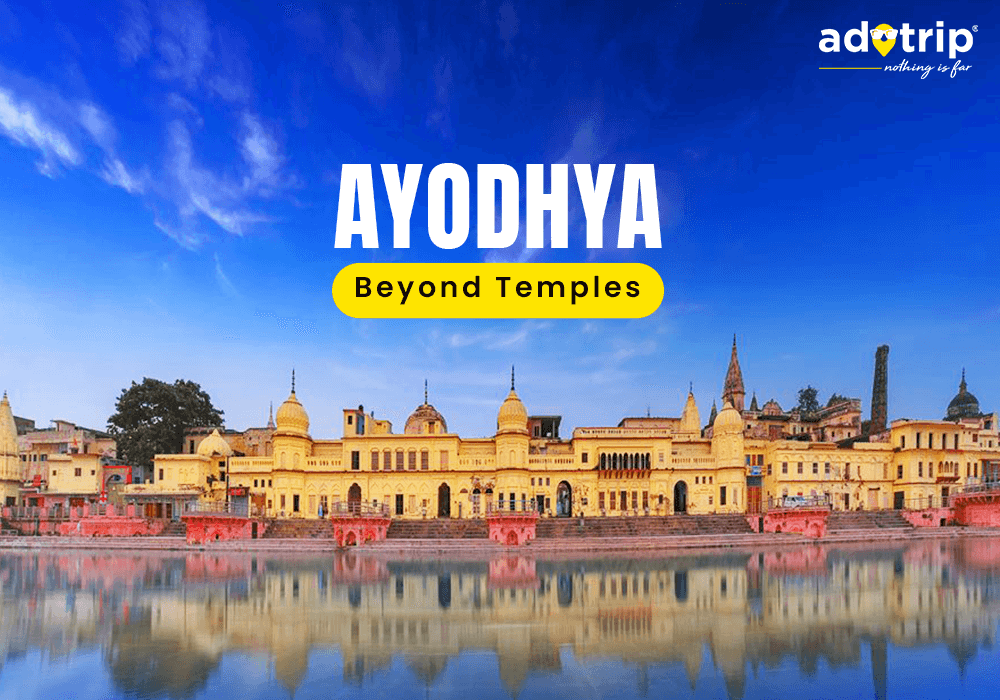
Think Ayodhya is Just Temples? Discover Its Hidden Artistic...

Why Azerbaijan is the Best Budget Friendly Alternative to Sw...



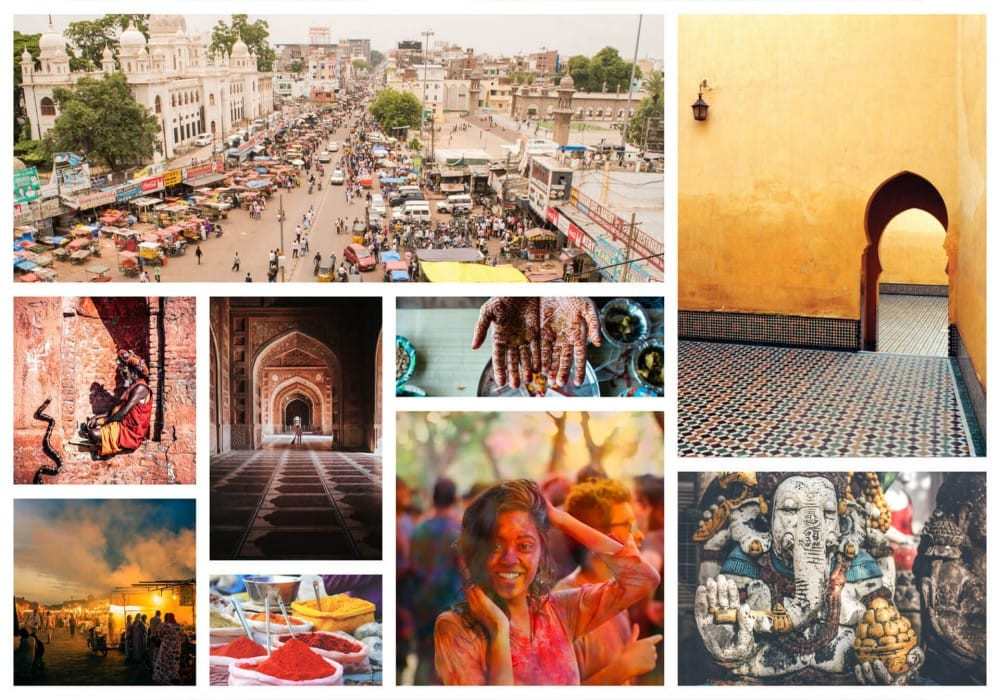
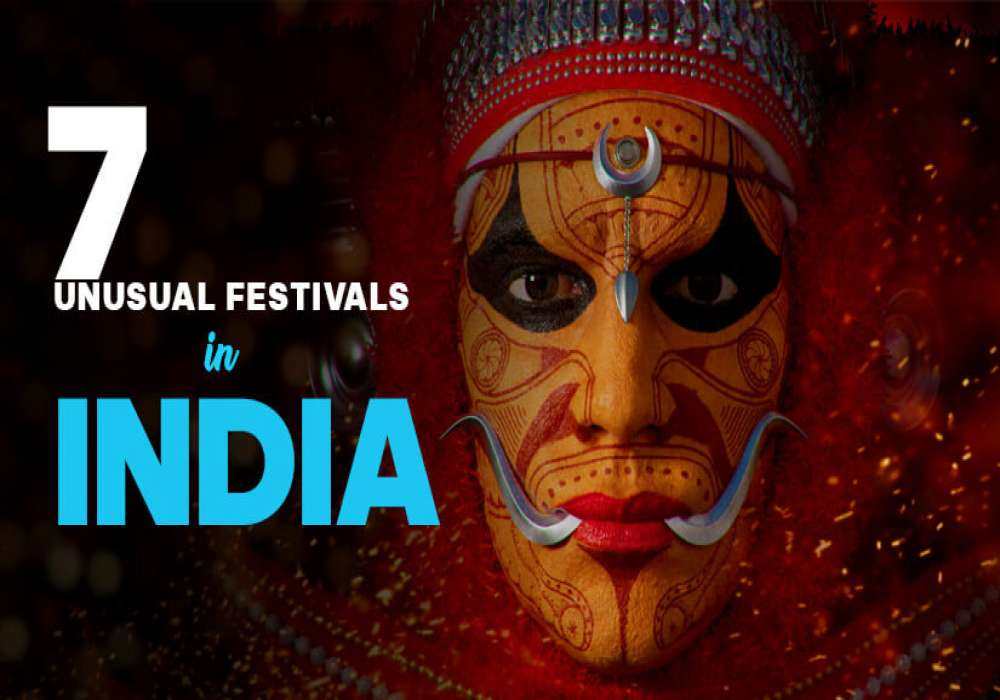


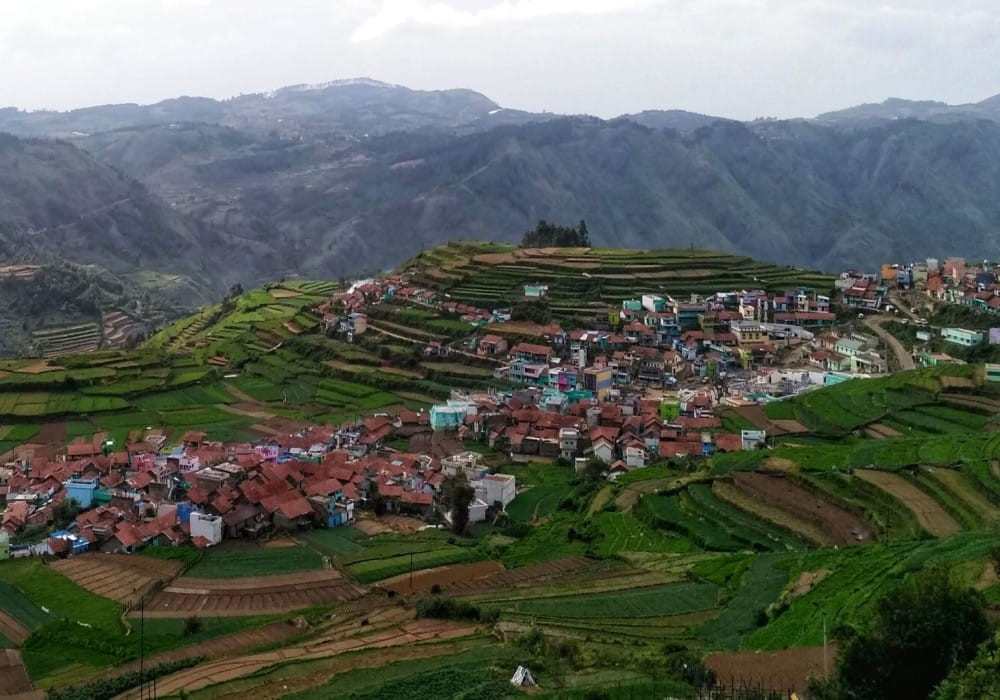

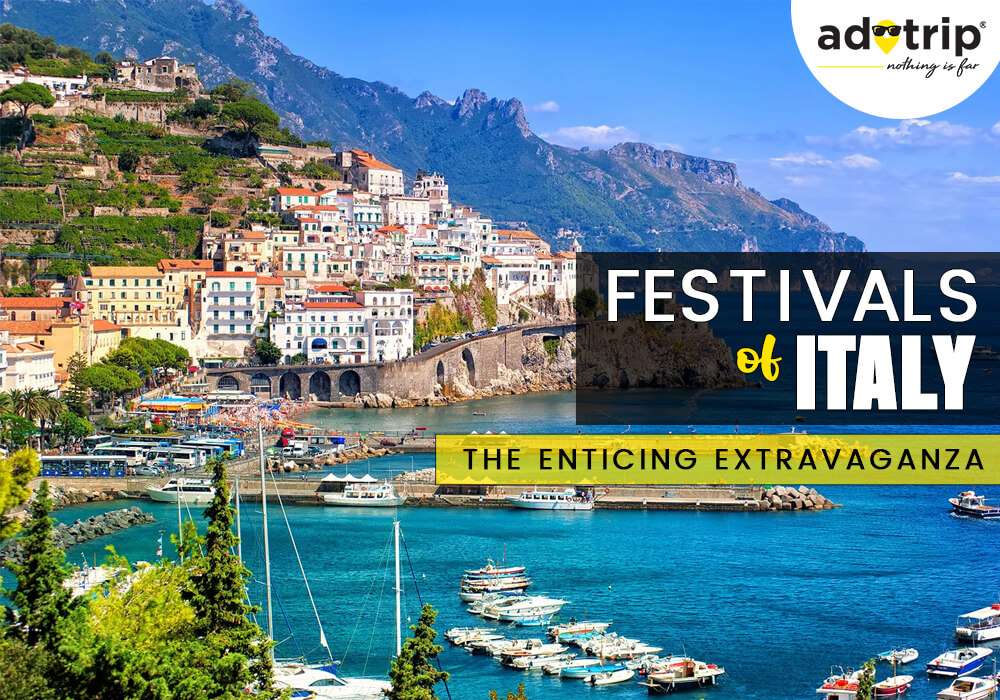
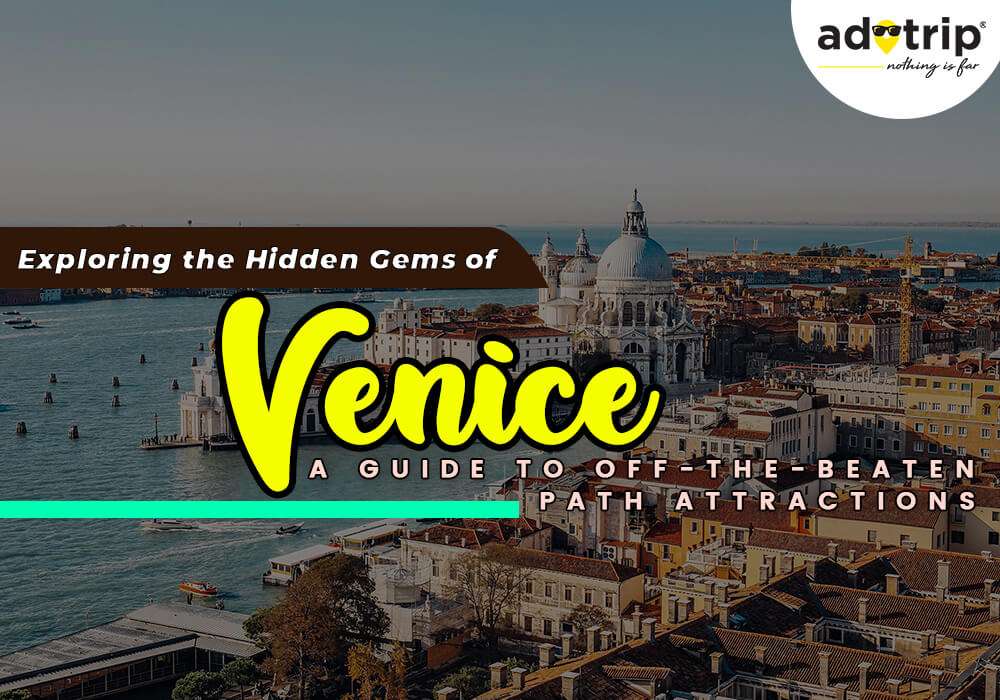
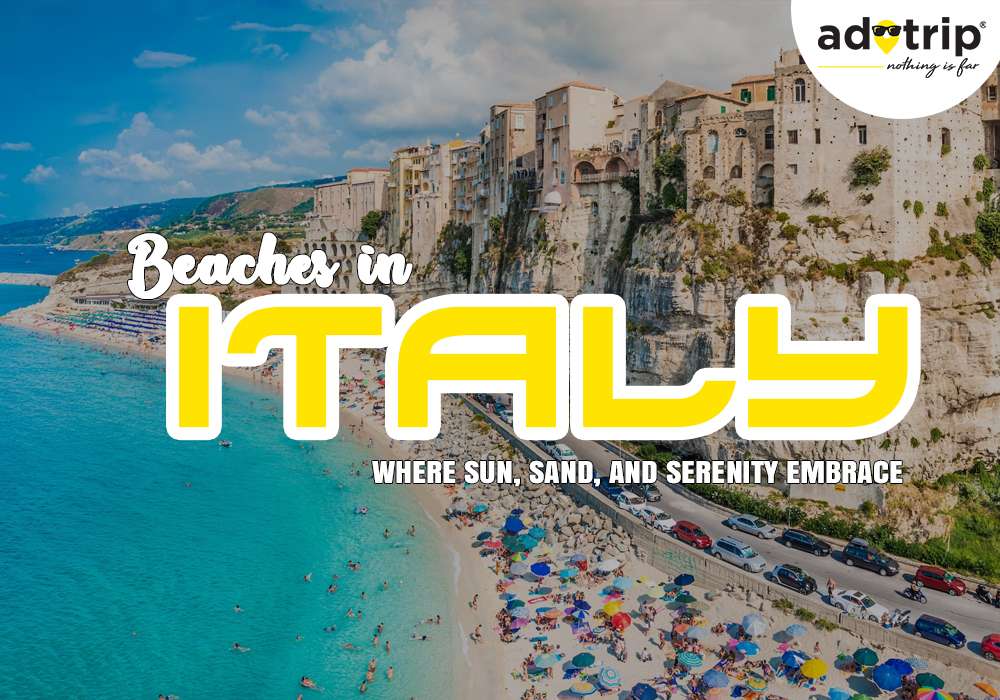
.jpg)
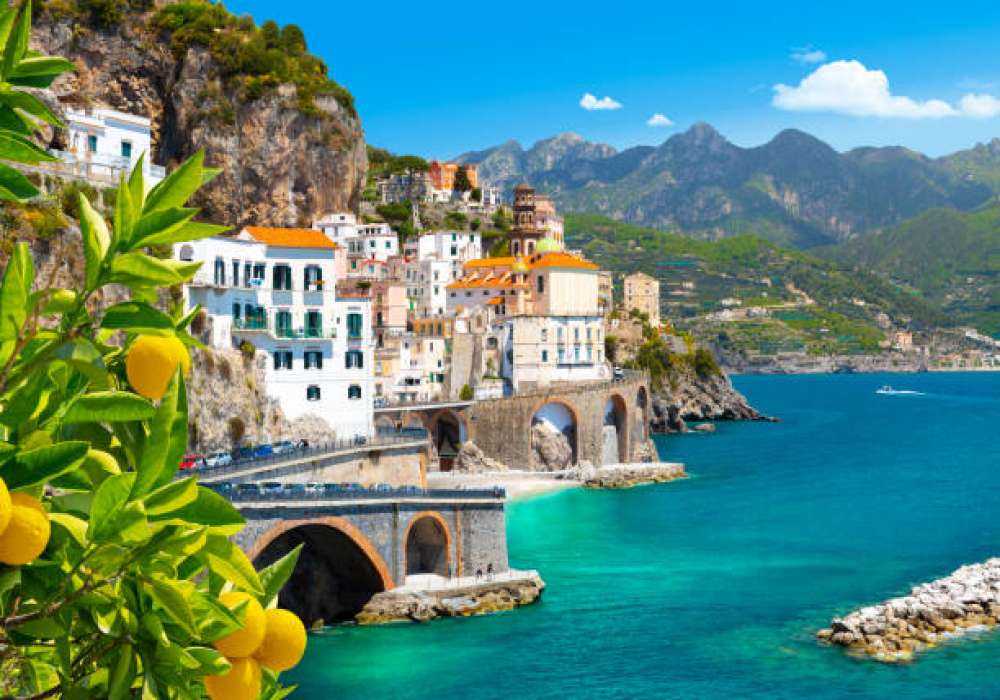
 Dubai
Dubai Malaysia
Malaysia USA
USA





